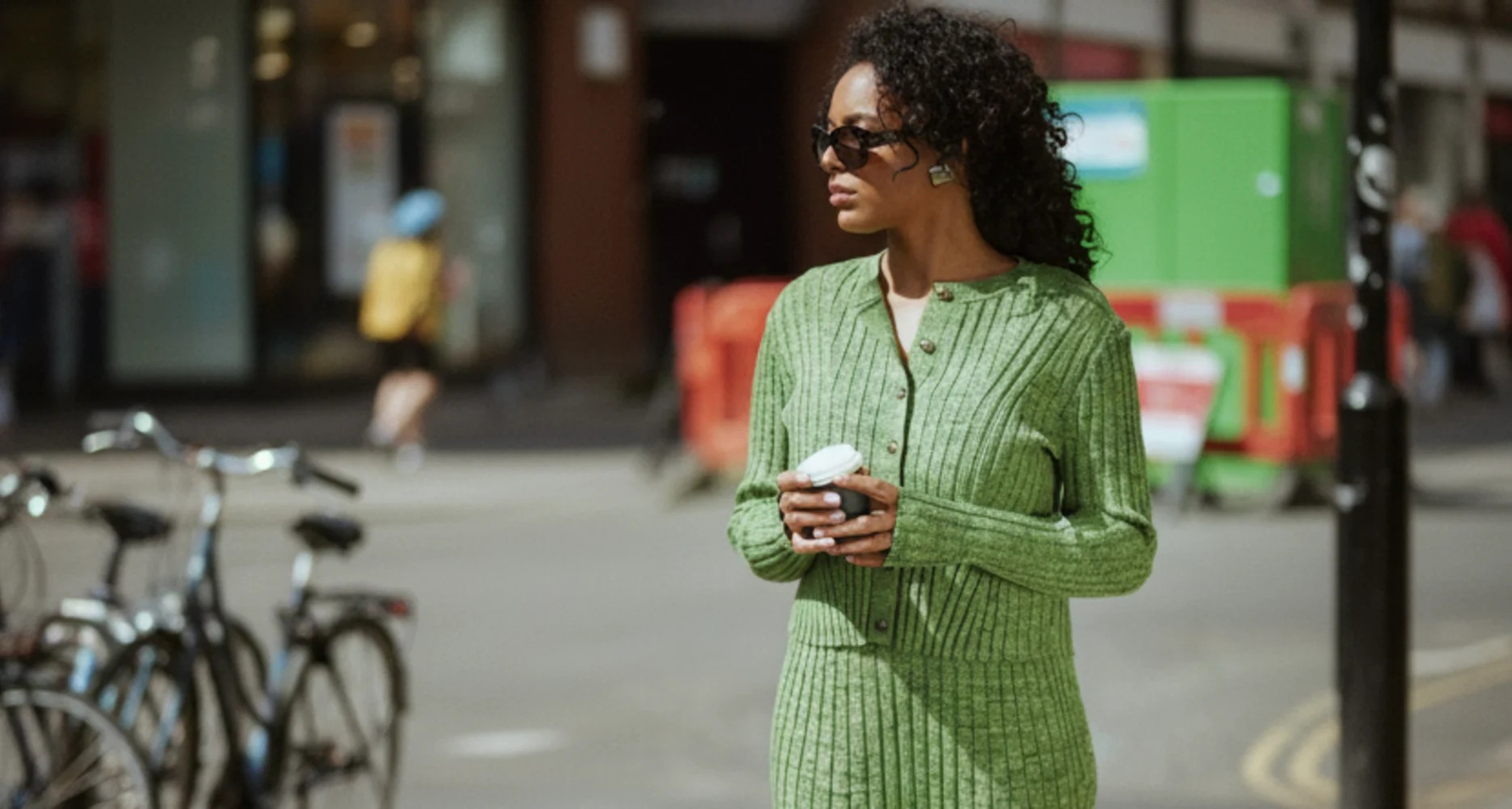How Revibe Collective Is Rethinking Sustainable Fashion Commerce

The fashion industry is entering a new era, where sustainability and smart technology are reshaping how clothes are made, accessed, and enjoyed. Revibe Collective is leading this change with a fresh approach that benefits brands, customers, and the planet.
Revibe Collective is transforming the fashion industry with its innovative circular commerce platform that empowers brands to drive profitable growth while addressing sustainability challenges. As a comprehensive recommerce operating system, Revibe provides brands with integrated rental, resale, and repair solutions directly on their websites, marking a significant shift toward circular economy models.
How Revibe Works
At its core, Revibe functions as a recommerce operating system that plugs into online and warehouse systems. The platform enables brands to offer three key circular services:
Rental Collection: Brands curate rental ranges with booking calendars on select items. Consumers simply click ‘Rent From …’ on product pages, choose dates, and receive door-to-door delivery. As Revibe Collective explained, “You do not need to account for delivery time. The item(s) will arrive on the first date you select, and you pop them back in the post on the last day of your rental period chosen.”
Peer-to-Peer Resale: The platform enables customer-to-customer sales on branded marketplaces, with sellers earning cash or credit notes. This gives brands the ability to capture secondary market value while maintaining brand control.
Take-Back Programs: Brands can offer gift cards for trade-in, reselling pre-loved items on their platforms, creating closed-loop systems that extend product lifecycles.
Ownership and Company Structure
Revibe Collective, operating as Rntr. Pty Ltd is an Australian company founded in 2019 by Shanya Suppasiritad and Aydin Salimov. Headquartered in Alexandria, NSW, the company operates as a privately held entity.
Shanya Suppasiritad, Co-Founder and CEO, shared, “Since 2016, I’ve been pioneering re-commerce, diving deep into every single model and its complexities. I’ve launched and grown multiple platforms, from ‘Tinder for Style Sisters’ to capsule collection rentals.” Her co-founder, Aydin Salimov, serves as CTO.
Benefits for Consumers
Revibe’s consumer value proposition revolves around accessibility, sustainability, and variety:
Affordability: Rental fees start from as little as 15% of full price for 4, 8, 14, or 30 days, making premium fashion accessible to broader segments.
Sustainability Impact: The circular model significantly reduces environmental impact. Reusing instead of buying new decreases carbon emissions, minimizes water pollution, and helps keep items out of landfills. This addresses the issue that Revibe Collective also revealed: “60% of new items end up in landfill within 12 months.“
Wardrobe Flexibility: The platform lets consumers, as Revibe Collective highlighted, “Think of us as your second wardrobe. Mix and match the pieces you rent with your wardrobe staples.”
Applications for Sellers
For fashion brands and retailers, Revibe offers practical business advantages:
New Revenue Streams: Brands can boost earnings from each product by using several different avenues for monetization.
Customer Acquisition: Many recommerce customers are new to the brand, helping businesses reach new audiences and drive growth beyond their traditional customer base.
Enhanced Value: The platform helps brands strengthen customer loyalty and long-term value by maintaining ongoing relationships and control over their brand experience.
Future Outlook
The circular fashion market is experiencing rapid growth, with more consumers opting for secondhand apparel and online clothing rentals steadily increasing year after year. This shift is driven by changing values, as more people prioritize sustainability, individuality, and financial practicality when making fashion choices. Efforts in recommerce aim to significantly expand the secondary market, helping brands and retailers remain profitable as consumer interest in rental and resale options grows. With integrated platforms offering rental, resale, and repair services, businesses are increasingly positioned to lead the way in sustainable, circular fashion. Demand for eco-friendly materials and industry innovations is expected to keep momentum strong among both established brands and new designers.



